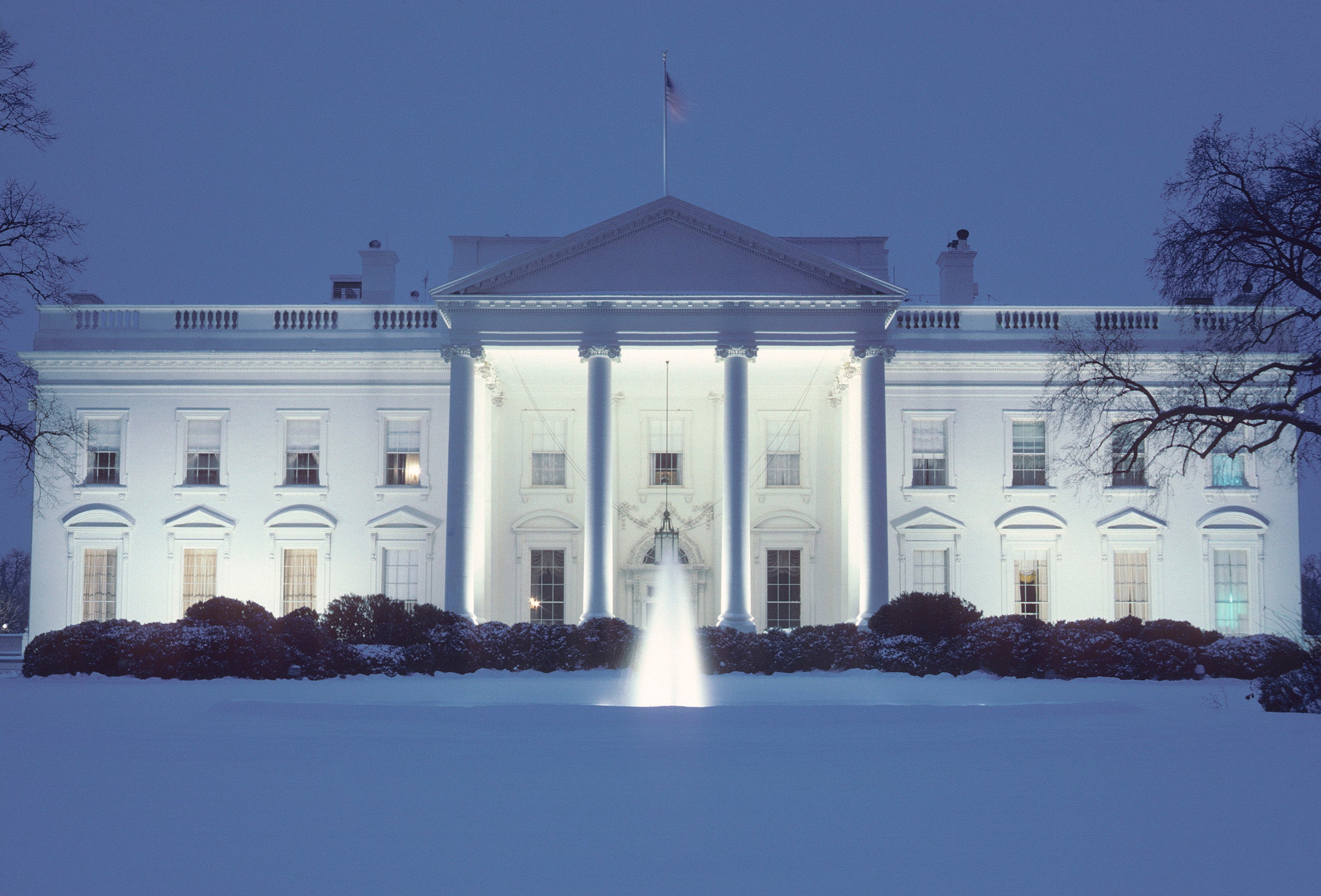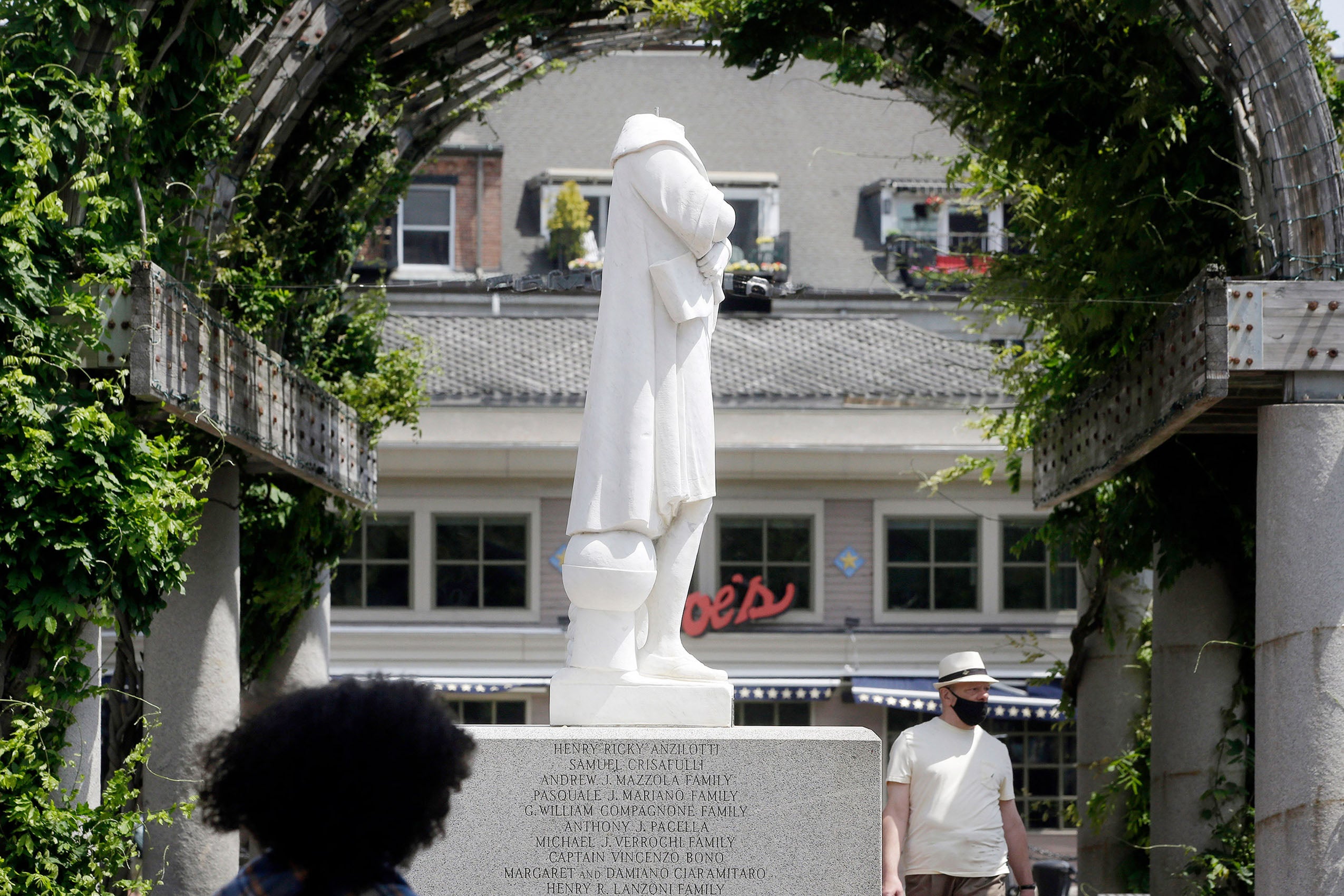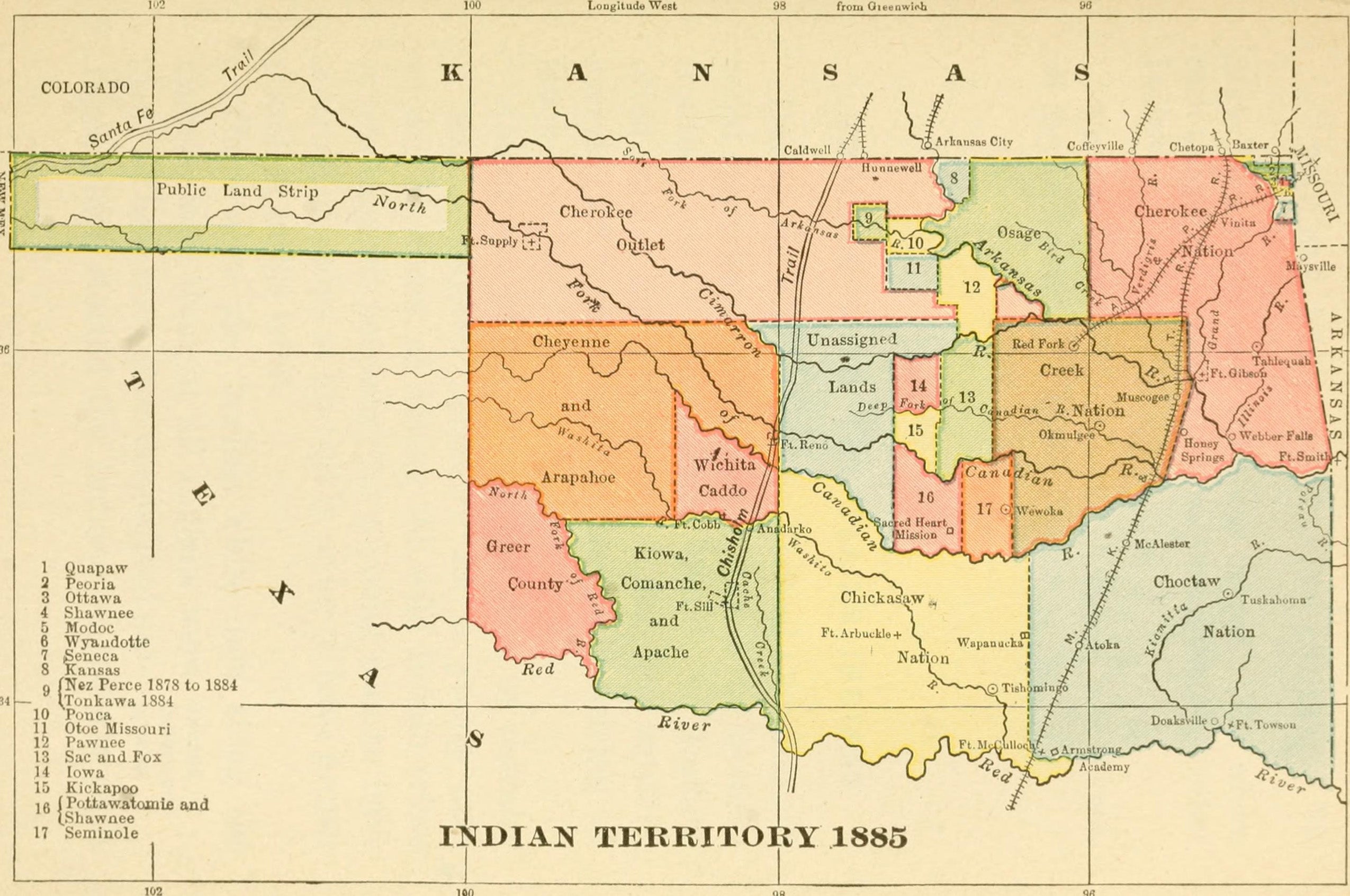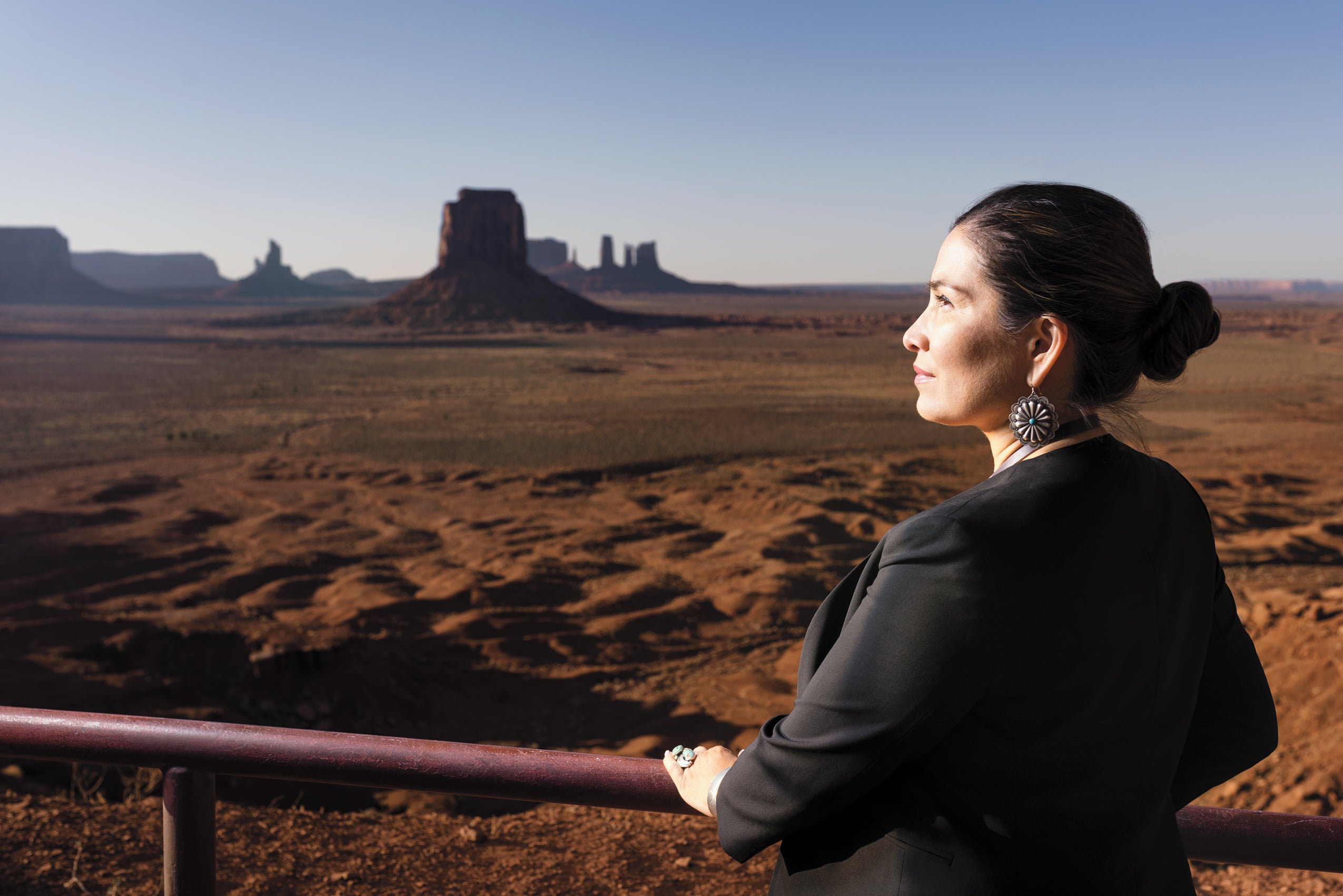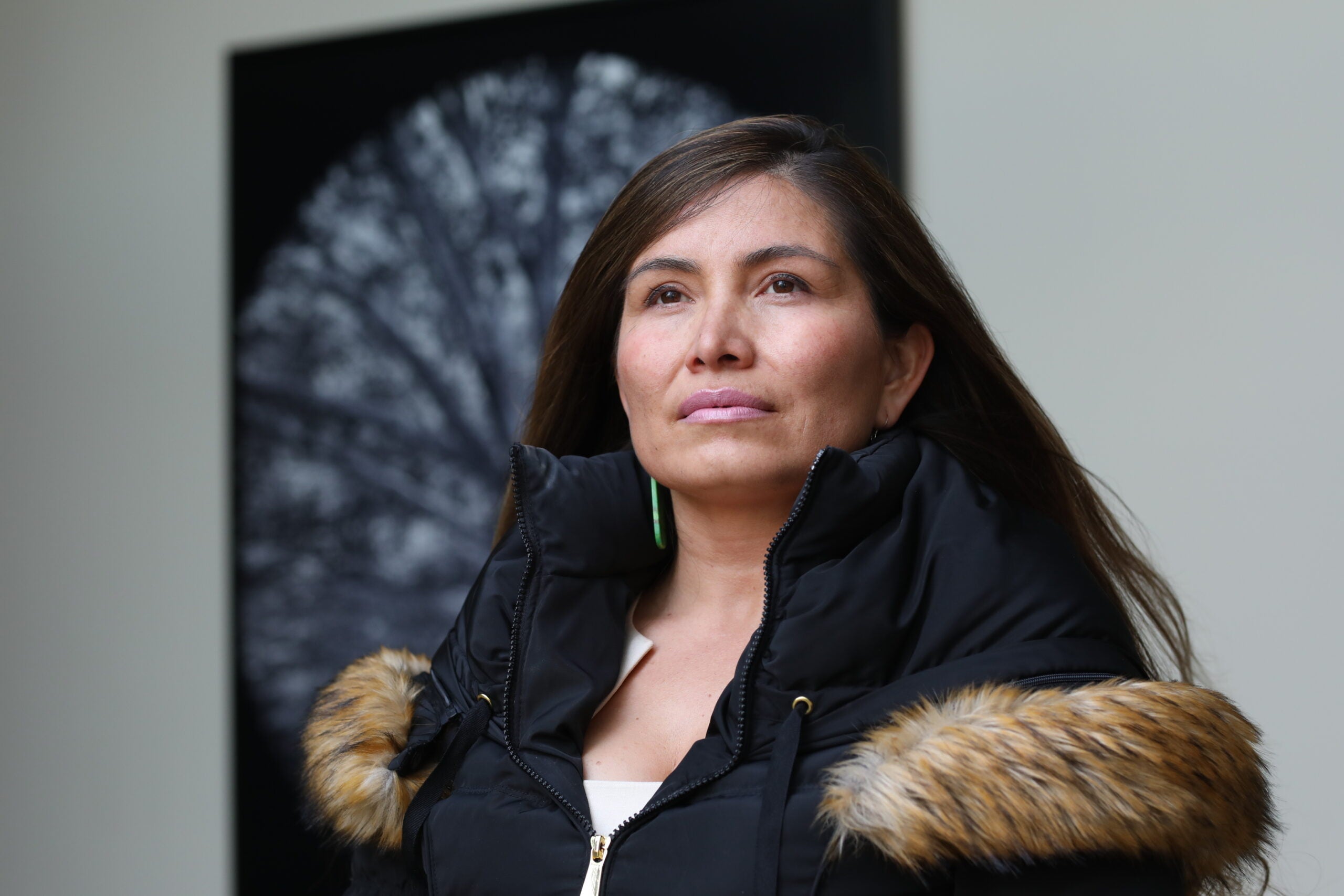People
Robert Anderson
-
Robert Anderson, the Oneida Indian Nation Visiting Professor of Law at Harvard Law School, discusses the latest Supreme Court decision in McGirt v. Oklahoma, a landmark for Native American rights that resolves decades' worth of legal argument.
-
Branch Returns to Her Navajo Roots
June 26, 2018
As attorney general of the Navajo Nation, Ethel Branch ’08 aims to strengthen tribal law and native voices.
-
Branch returns to her Navajo roots
March 5, 2018
Ethel Branch ’08 grew up on her family’s ranch with no electricity, no running water, and a long list of questions about injustice. As she grew up, Branch knew she had to address these questions. “That confusion as to why the world changed when you crossed the Navajo Nation boundary line was a driving question for my youth and my life,” says Branch. It propelled her to study law and policy. And three years ago, at age 36, it led her to become Attorney General of the Navajo Nation.
-
Current and prospective students, activists, and legal experts explored how legal strategy and international human rights advocacy influences indigenous rights in the U.S. at Harvard Law School’s Indigenous Rights Movement conference last week. Kristen A. Carpenter, an Oneida Indian Nation Visiting Professor of Law at HLS, said the conference sought to give students access to conversations on federal Indian law, a subject for which Harvard has no permanent professor. “It seems important to really do a lot of programming when we’re lucky enough to be here teaching for a short time, and really make an impact on the community and the students’ educational opportunities, as well as to note particularly what’s going on in the present moment of advocacy around American Indian issues,” Carpenter said. Carpenter co-chaired the event with Robert T. Anderson, another Oneida Indian Nation Visiting Professor of Law; Angela R. Riley, law professor at the University of California, Los Angeles; and Lorie M. Graham, law professor at Suffolk University Law School.
-
Forging A Path for Native American Studies
May 6, 2016
...Though offerings in Native American studies at Harvard are few and far between, a small number of committed students and faculty are dedicated to maximizing the resources available to them, and hope to see more opportunities in the future...Native American studies at Harvard Law School has a larger presence compared to other schools at the University. Lowe cited the establishment of the Oneida Indian Nation Visiting Professor of Law position as an example of a positive development towards increasing Native American studies faculty. The visiting position, endowed by the Oneida Nation, a federally recognized tribe headquartered in New York, is currently filled by Robert T. Anderson, who is serving two consecutive five-year appointments as the Oneida Chair. Anderson said he thinks there is enough student interest in American Indian Law to fill more classes than are currently offered in the field. “Students are very interested [in American Indian Law] because it’s a very high-level student body as you would expect at Harvard, and many of the students are going on to prestigious federal and state clerkships where they’re encountering these issues,” he said. In addition to the Oneida professorship, professor Joseph W. Singer has developed an American Indian Law problem for a mandatory “Problem Solving Workshop” required for every first-year Law student. He also leads a reading group on American Indian Law. Additionally, the Law School runs a Native Amicus Briefing Project, which recruits students partly to keep track of cases of federal Indian law and ultimately provide amicus briefs to the cases.
-
Alaska’s hovercraft-riding moose hunter faces legal slog
March 22, 2016
The Supreme Court today strongly asserted Alaska's uniqueness when it comes to federal regulation of public lands in a win for the state and Native groups hoping to limit the government's reach. But the justices' unanimous opinion in the case Sturgeon v. Frost did little to answer whether John Sturgeon -- who brought the case in 2011 -- will be able to use his hovercraft to hunt moose within a national preserve. Instead, the justices sent the case back to a lower court to hammer out some of the thornier issues, meaning Sturgeon may face years of more litigation..."As to the rivers, it really punts on that," said Robert Anderson, a visiting professor at Harvard Law School. "It'll be at least a couple more years of litigation." The decision won't have national significance because it "applied only for Alaska," Anderson said. But it was important for Native Alaskan groups concerned about government regulations reaching into private property within conservation units. "They protected the Native corporation lands," Anderson said.
-
Drug maker challenges tribal court’s right to hear lawsuit
December 11, 2015
In an unusual move, Takeda Pharmaceuticals asked a federal appeals court to rule that a Native American tribal court does not have jurisdiction over a lawsuit which could expose the company to enormous liability. The effort marks the first time that a drug maker has taken such a step, according to experts, and underscores the risks facing the pharmaceutical industry amid a proliferation of lawsuits filed by patients who claim they were harmed by medicines...“Indian tribes are independent sovereigns and not subject to federal court review, except on the huge question of whether they have legal jurisdiction in the first place,” said Robert Anderson,[Oneida Indian Nation Visiting Professor of Law,] who heads the Native American Law Center at the University of Washington in Seattle. “So they could be sued by, perhaps, thousands of other people. And these companies fear liability in tribal court.”
